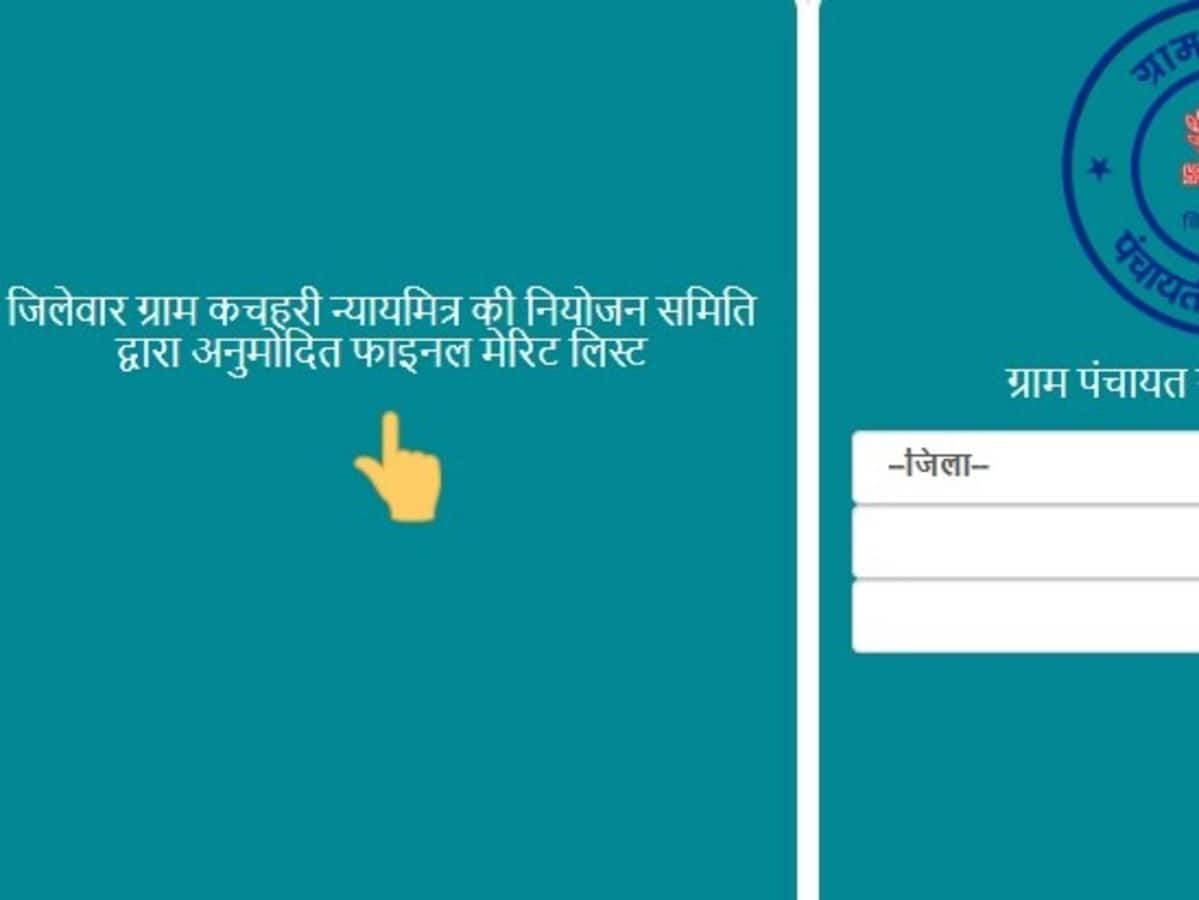In a significant development for the state of Bihar, the final merit list for 2,436 positions of Gram Kachahari Nyaymitra was released by the Recruitment Committee on Friday. This announcement brings to light the efforts made to enhance the legal framework in rural areas by appointing Nyaymitras, who are tasked with providing legal assistance and promoting justice at the grassroots level.
Understanding the Gram Kachahari Nyaymitra Role
The Gram Kachahari Nyaymitra plays a crucial role in facilitating access to justice in rural regions, where legal resources and awareness are often limited. These representatives assist villagers in understanding their rights and help them navigate the legal system effectively. The introduction of this position is a step towards enhancing legal literacy and ensuring that justice is available to all, regardless of their geographical location.
Eligibility Criteria for Nyaymitra
To qualify for the position of Nyaymitra, candidates must meet specific educational and experiential criteria. The selection process is highly competitive, ensuring that only the most capable individuals are appointed. Below is a table summarizing the common eligibility criteria:
| Criteria | Description |
|---|---|
| Educational Qualification | Minimum of a Bachelor’s degree in law or equivalent. |
| Experience | Prior experience in legal practice or social service is preferred. |
| Understanding of Local Issues | Strong knowledge of local laws and the socio-economic conditions of the area. |
| Skills | Good communication skills and ability to work with underprivileged communities. |
Impact on the Legal System
The introduction of Gram Kachahari Nyaymitra is anticipated to have a positive impact on the legal system in Bihar. By simplifying access to legal resources and offering guidance, Nyaymitras can empower communities, fostering an environment where individuals are more informed about their rights. Additionally, this initiative aims to alleviate the burden on traditional courts by resolving small disputes locally.
Future Prospects and Challenges
While the establishment of Gram Kachahari Nyaymitras marks a progressive step towards enhancing legal access in rural Bihar, challenges remain. Ensuring that these personnel are adequately trained and equipped to address the unique issues of their communities is crucial. Continuous evaluation and support systems will be essential to maintain the effectiveness and integrity of the program.
Moreover, developing awareness programs can help communities recognize the role of Nyaymitras, thereby enhancing their effectiveness in resolving disputes and providing legal guidance.
Conclusion
The release of the final merit list for the 2,436 positions of Gram Kachahari Nyaymitra is a critical milestone for Bihar, heralding a new era of legal accessibility in rural areas. With the right backing and resources, Nyaymitras can bridge the gap between the law and underprivileged communities, fostering a more equitable legal environment. As this initiative unfolds, its success will largely depend on the commitment to adequately support these legal representatives in their vital mission.

